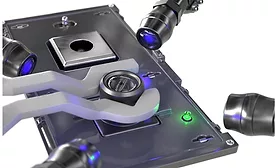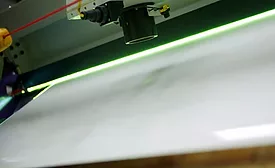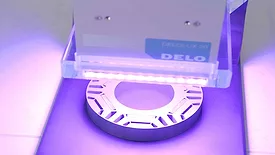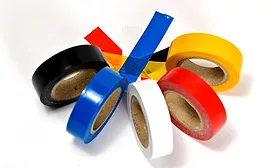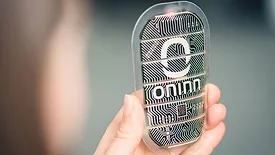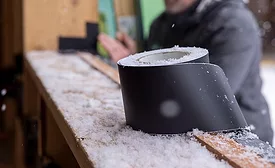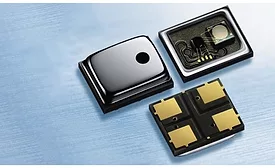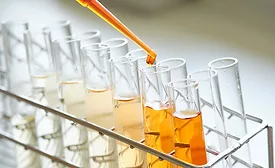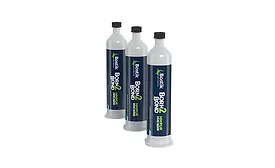Home » Keywords: » light-cure adhesives
Items Tagged with 'light-cure adhesives'
ARTICLES
Automotive adhesive delivers high precision for active alignment of camera modules, reducing cost, time, and CO₂ emissions.
Read More
How Formulation and Coating Method Impact UV HMPSAs
Understanding how tackification and coating method impact the effectiveness of UV curing helps to ensure that UV HMPSA properties are properly balanced for their intended end-use application.
February 15, 2024
Arkema Discusses Integrated PSA Offering
Tim Pione outlines Arkema’s position in pressure-sensitive adhesives and what the company has planned for the future.
July 11, 2023
How to Build a Better Flashing Tape
UV-cured acrylic adhesives are enabling the next generation of high-performance flashing tapes.
June 13, 2022
Product Profile
UV-Activated Silicone Adhesives for Autonomous Automotive Sensors
Newly developed UV-activated, dual-cure silicones can protect sensors in autonomous vehicles from the heat, cold, moisture, and stress that result from the rigors of the automotive environment.
May 11, 2022
Core-Shell Masterbatches in Acrylate Monomer
New liquid tougheners offer multiple benefits for structural adhesives and thermoset systems.
February 21, 2022
BOSTIK: Engineering Adhesives for Electronics Manufacturing
The new versatile and single-component hot-melt polyurethane reactive range has been designed specifically for the manufacture of miniaturized handheld and wearable electronic devices.
January 13, 2022
Keep the info flowing with our newsletters!
Get the latest industry updates tailored your way.
JOIN TODAY!Copyright ©2026. All Rights Reserved BNP Media.
Design, CMS, Hosting & Web Development :: ePublishing
